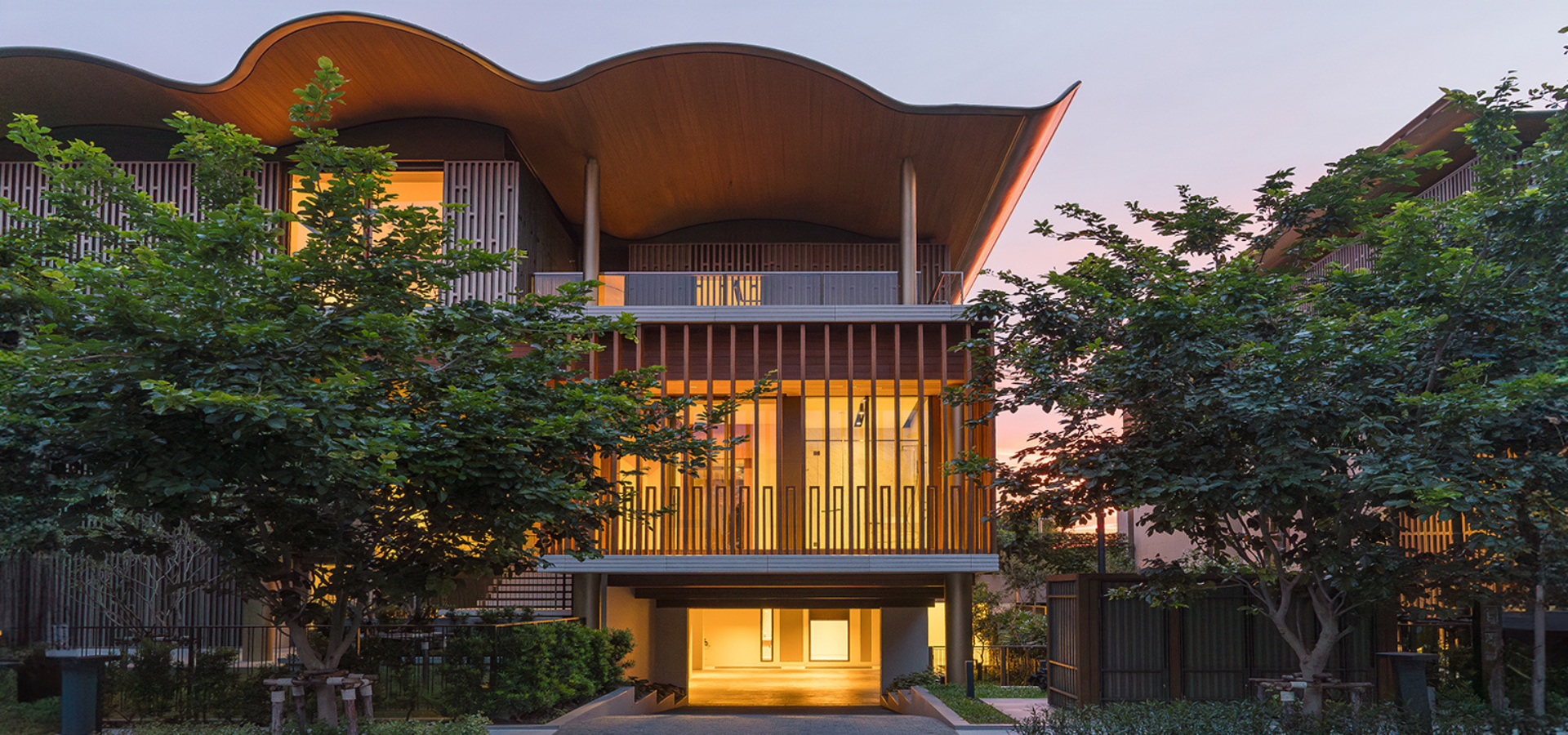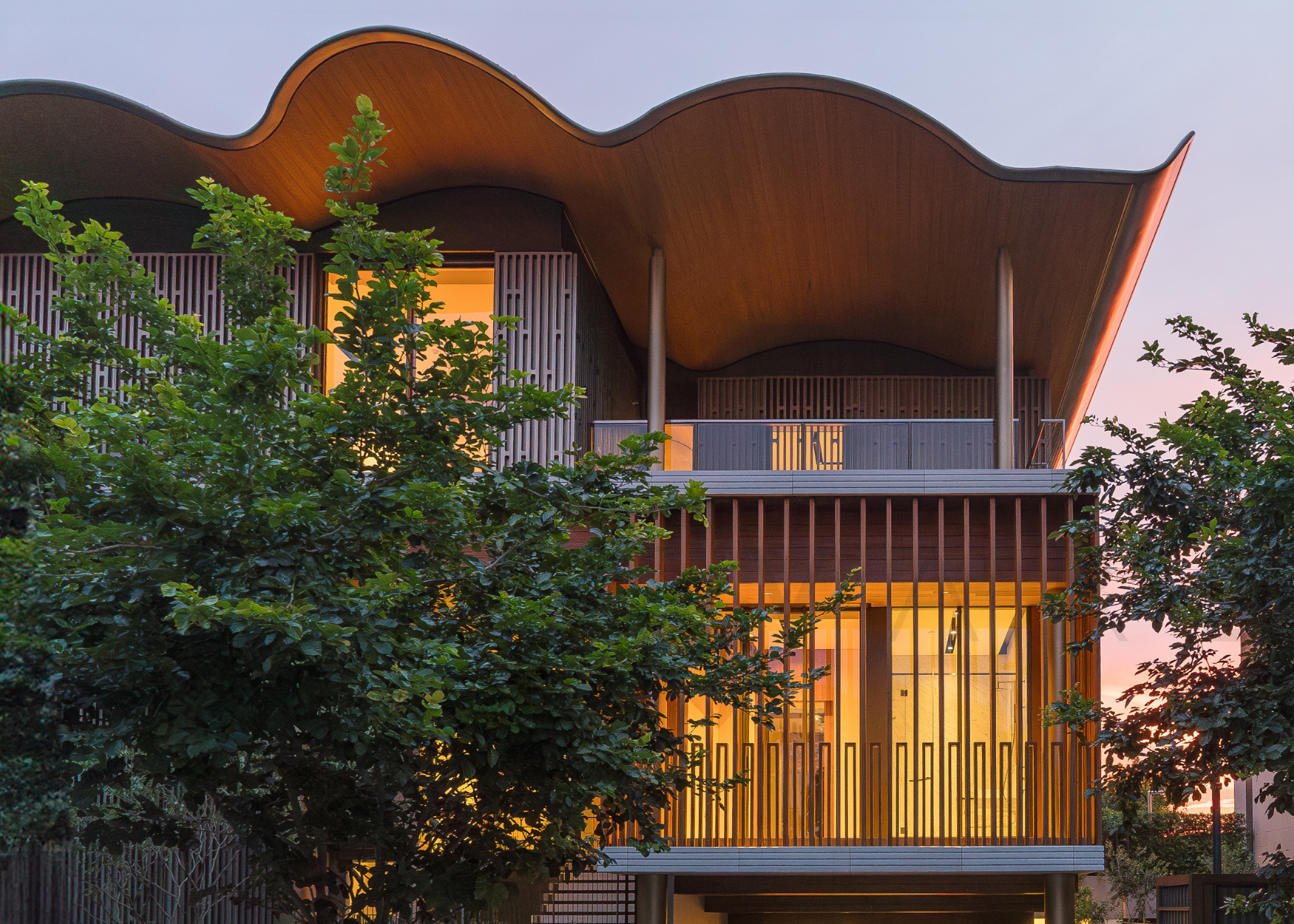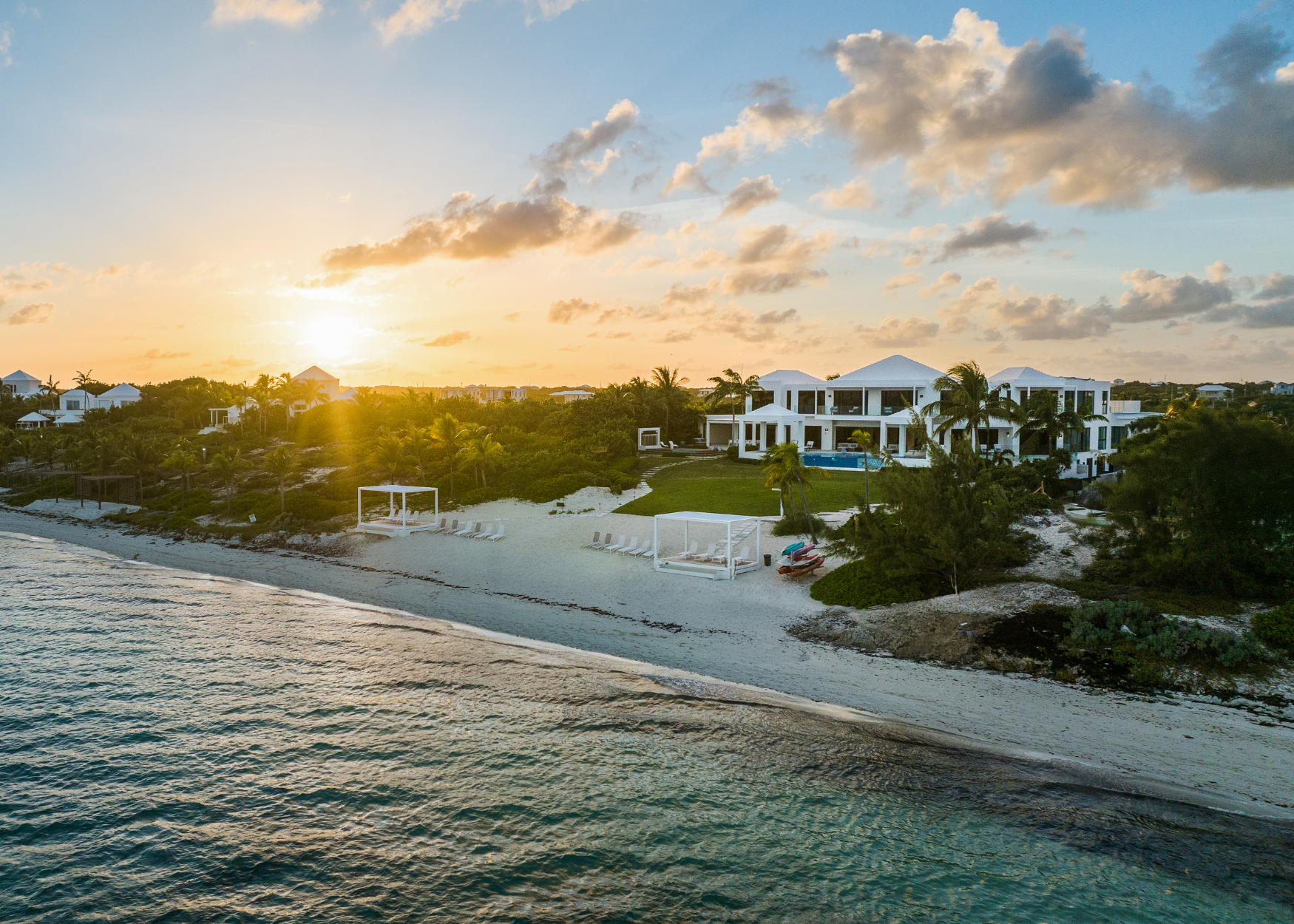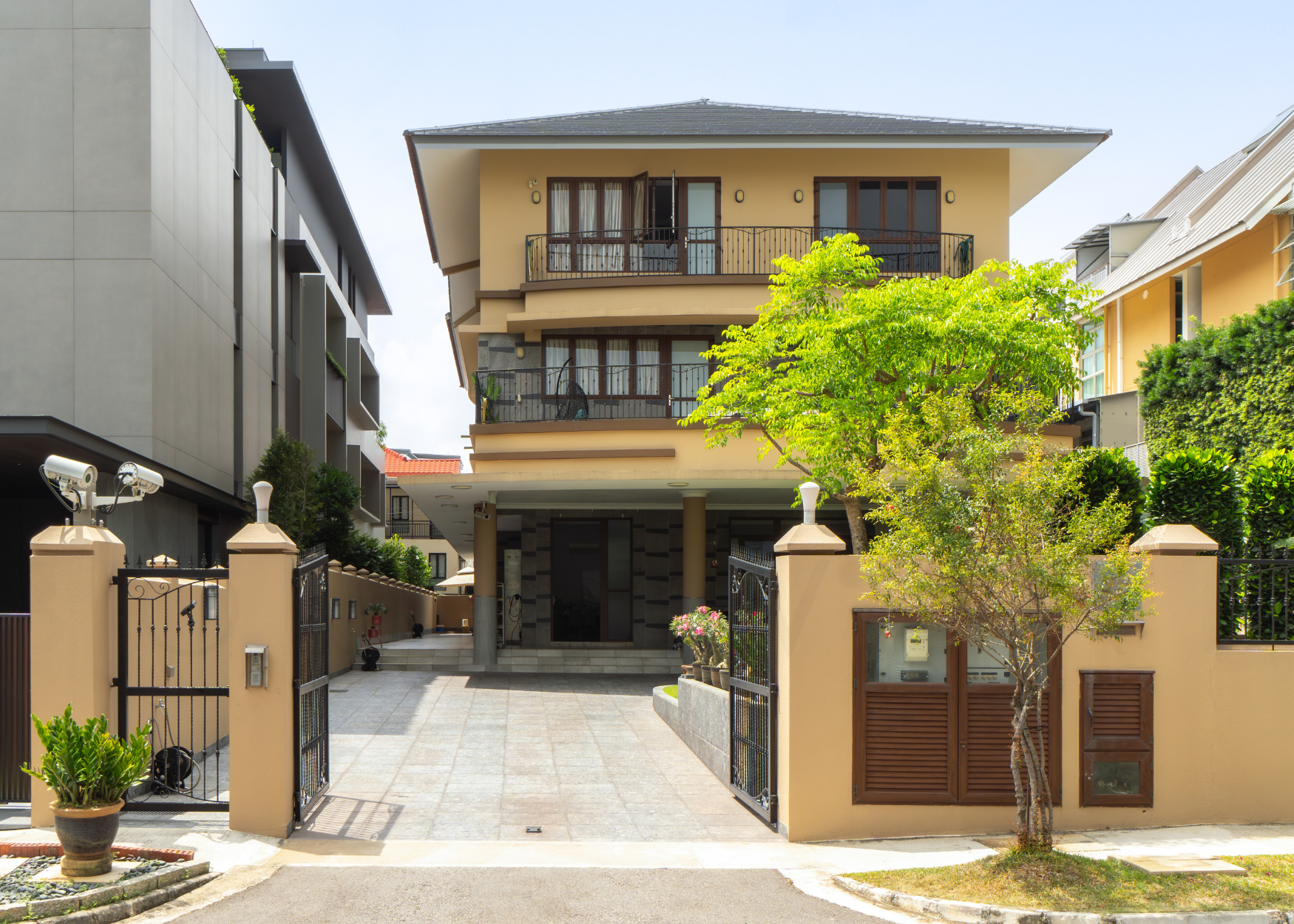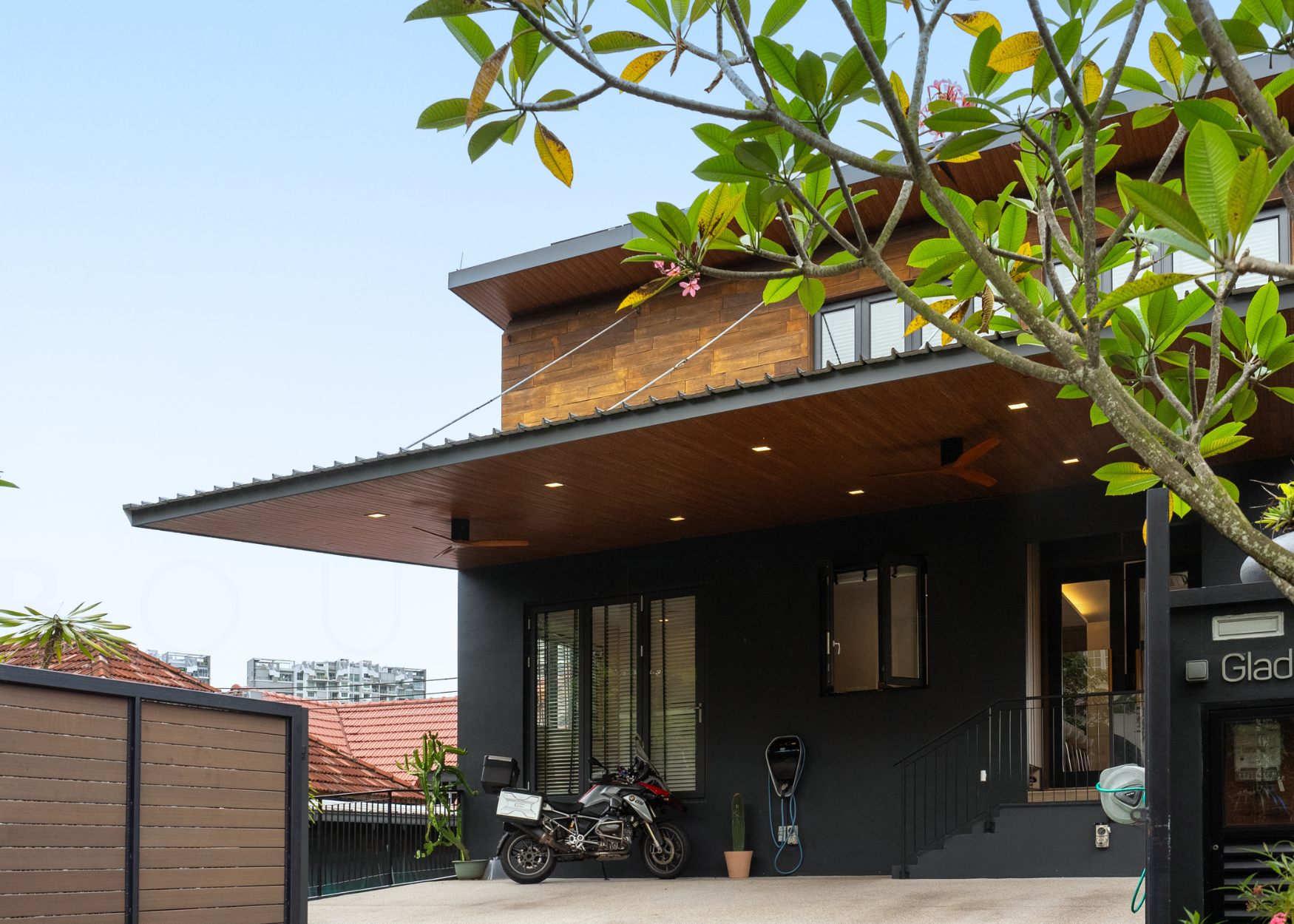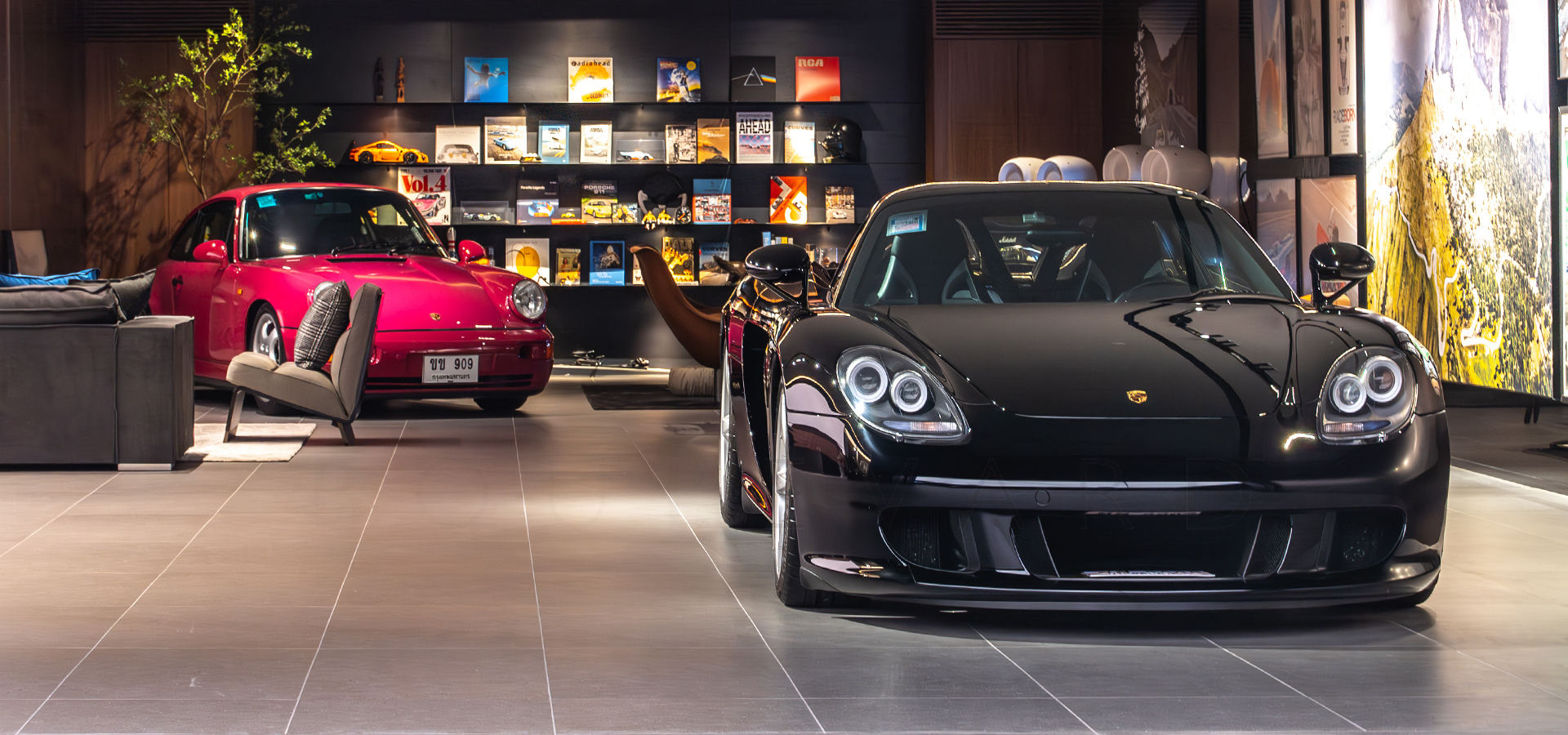The report: Boon Hoe Leong on the evolution and explosive rise of branded residences in Southeast Asia
Boon Hoe Leong, founder and CEO of Arcadia Consulting, shares his insights on the rapid rise of branded residences across Southeast Asia. He explores the key forces driving this new wave of developments—from the shifting psychology of today’s buyers to the markets showing the strongest demand. Leong also highlights the brand partnerships that create lasting value, and explains why, in an age where trust and time are the ultimate luxuries, the true measure of success now lies in management quality and intelligent hospitality—the foundations of enduring branded living.
Branded residences speak to a modern buyer’s desire for trust, taste, and time well spent. In today’s uncertain landscape—economically and geopolitically—buyers are looking for more than just square footage. They want certainty of delivery, consistency in quality, and an emotional connection.
From Vietnam to Singapore and Bangkok, a new wave of branded residences is redefining luxury living across Asia. In Danang, Nobu Residences offers beachfront living infused with the brand’s signature blend of Japanese minimalism, culinary prestige, and effortless cool.
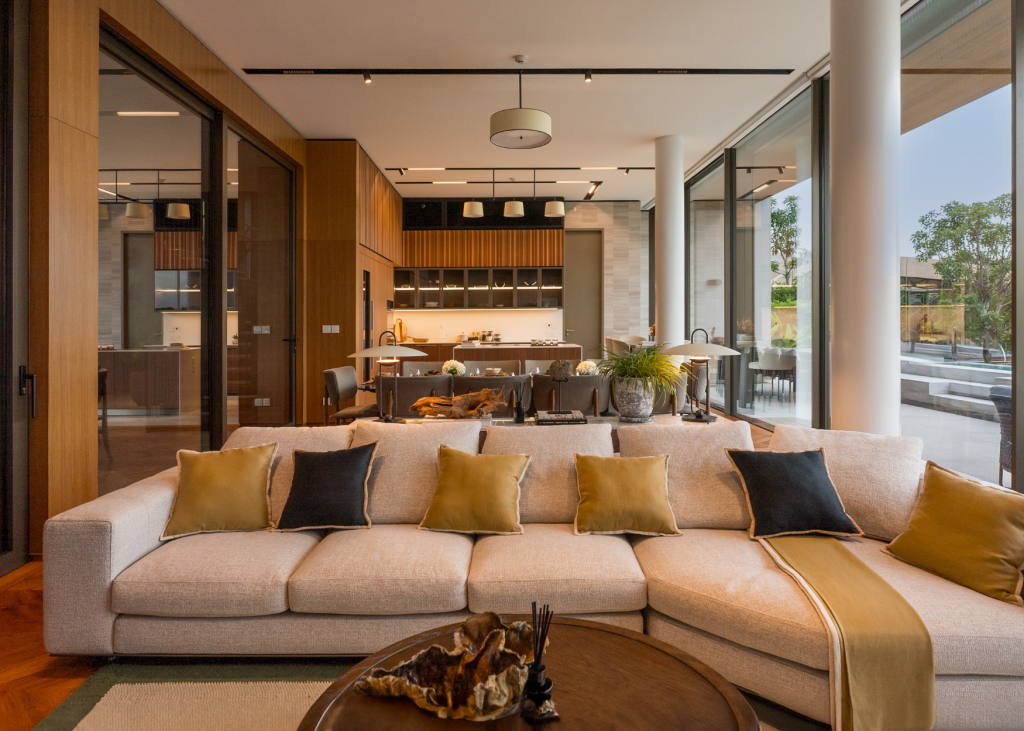
The Six Senses Residences The Forestias in Thailand main living room. Top: The residences features 27 modern villas in 157 acres of ‘urban forest’.
In Bangkok, the Porsche Design Tower translates the marque’s engineering precision and emotional performance into vertical form—emotion in motion, reimagined as architecture.
Meanwhile, Singapore’s W Residences Marina View brings the bold energy of the W hotel brand to a private urban sanctuary, where concierge service and design flair turn everyday life into an expression of freedom and individuality.
These developments outperform not just in price but in story and aspiration, often commanding a 20–35 per cent premium over their non-branded counterparts.
Branded partnerships that perform best
The most successful branded residences today go far beyond traditional hospitality—they embody lifestyle alignment.
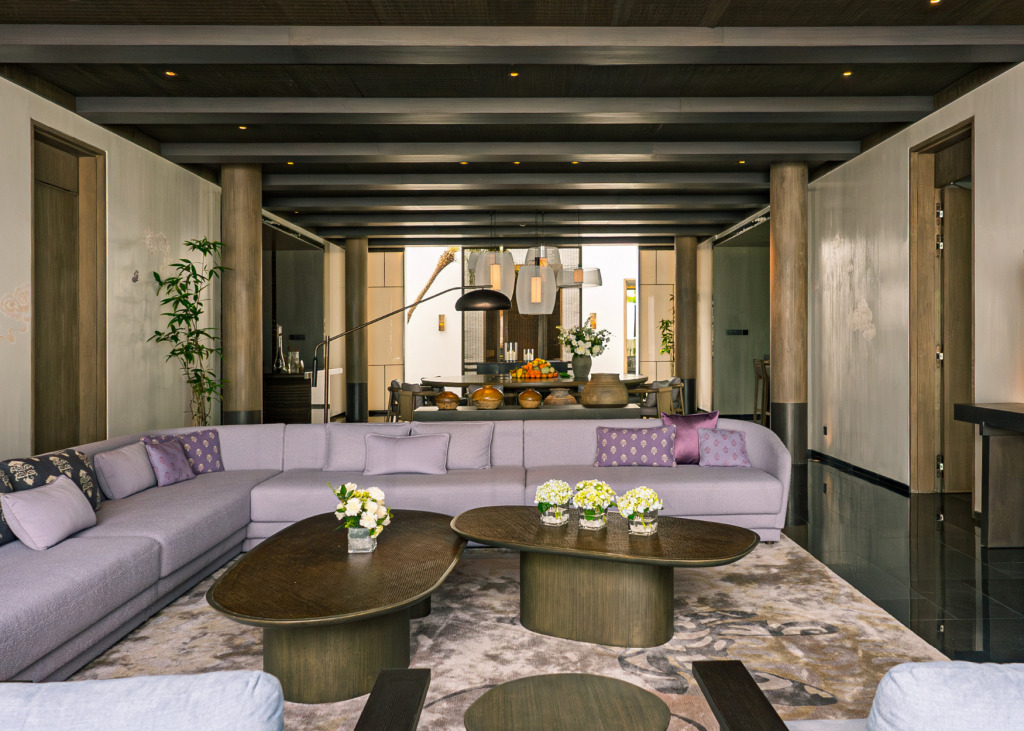
The Residences at Mandarin Oriental, Danang, Vietnam, features 3-4-bedroom villas.
Culinary-led developments such as Nobu Residences Danang merge food, design, and ambience into a seamless, sensory experience. Projects driven by passion and design, like the Porsche Design Tower Bangkok, channel the brand’s DNA of movement and emotion into architectural form. Meanwhile, wellness-focused concepts such as Six Senses Residences The Forestias appeal to a new generation of high-net-worth buyers who prioritise meaning, balance, and long-term value.
These collaborations are more than mere brand badges—they are blueprints for living, resonating personally with owners and consistently outperforming those created for marketing appeal alone.
The evolving profile and motivations of buyers
We are now seeing the emergence of a new kind of buyer in branded residences: the psychographic buyer. These are not merely wealthy individuals, but discerning ones—entrepreneurs, second-generation family office members, and regional investors who live globally, consume deeply, and choose with intent.
At W Residences Singapore, for instance, we’re seeing interest from Vietnamese, Indonesian, and Taiwanese buyers—many of whom are acquiring not just a home but a statement of lifestyle autonomy.
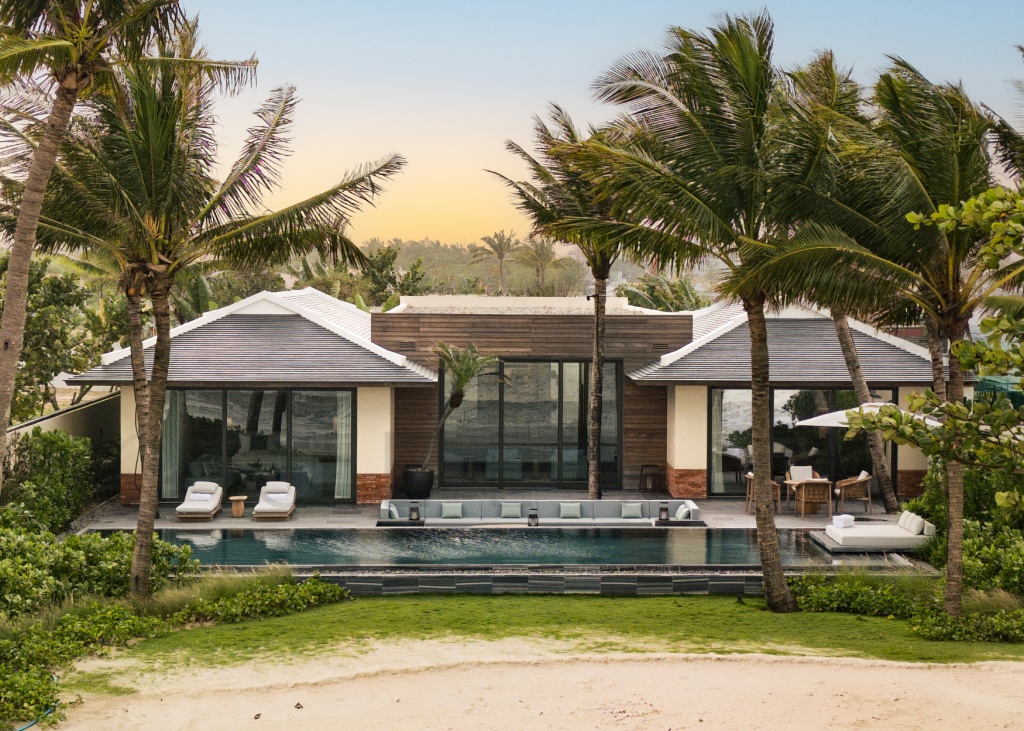
The Residences at Mandarin Oriental overlooks the white shore and features breathtaking views of the sea.
Where previous generations might have viewed luxury through the lens of postcode or asset class, today’s buyers prioritise emotional alignment and experiential equity. This shift in mindset has also changed how they use their properties. Increasingly, branded residences are being approached as hybrid assets—a blend of personal retreat, income-yielding investment, and safe-haven store of value.
In safe-haven cities like Singapore, lifestyle capitals like Bangkok, and high-growth markets like Vietnam, branded residences are also used as generational assets or soft-landing pads for family members studying or relocating abroad. They function as investment, legacy, and luxury lifestyle base all at once.
And as brand-managed rental programs become more sophisticated, we see more investors calculating in potential returns—not just resale uplift, but operational yield.
Markets with the strongest demand
In Southeast Asia, the strongest demand for branded residences is concentrated in Vietnam, Bangkok, and Singapore, each driven by distinct market dynamics.
Vietnam, long overlooked, is now surging, with projects such as The Residences at Mandarin Oriental Danang and Nobu Residences Danang signalling growing confidence from global operators.
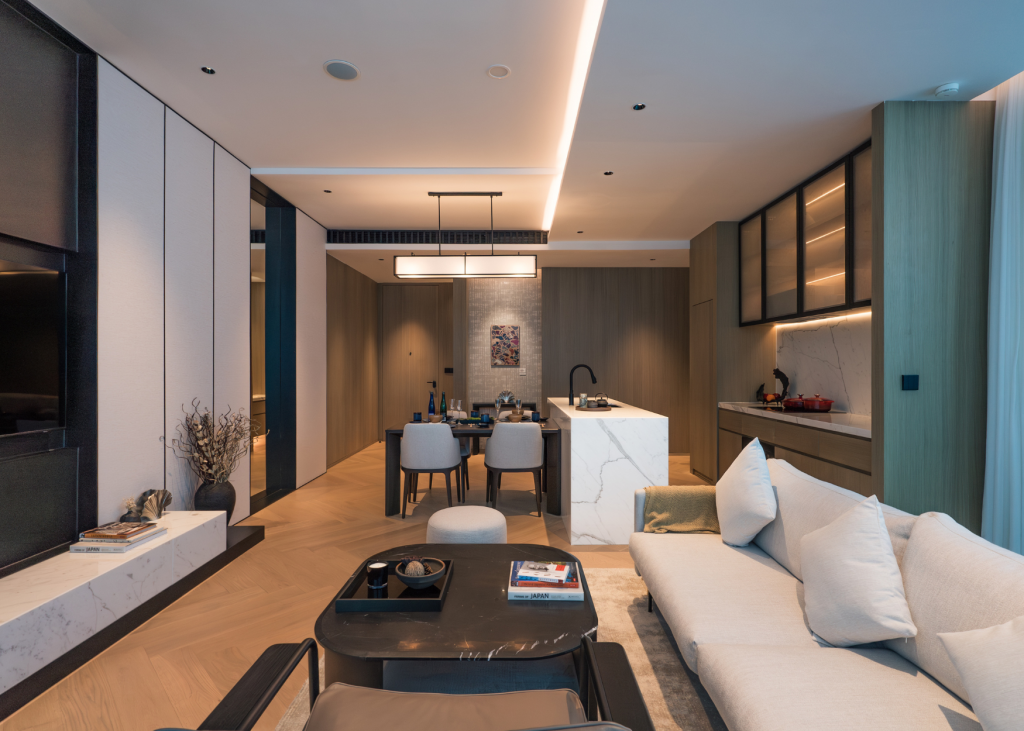
The first Nobu Residences in Southeast Asia offers a collection of 264 vacation apartments, plus 186 hotel rooms.
Bangkok is reasserting itself through brand-led, design-forward developments like Porsche Design Tower and Six Senses Residences The Forestias, catering to regional UHNWIs seeking distinction.
Singapore remains the bellwether of regional demand, with ultra-luxury launches like W Residences Marina View setting new benchmarks for urban branded living. Meanwhile, Phuket and Bali are regaining momentum as leisure-led and hybrid lifestyles become increasingly mainstream among regional elites.
Why standards and management define lasting appeal
Three key elements set the most successful branded residences apart. Brand integrity is the first—ensuring that the living experience truly reflects the promise and ethos of the brand, whether it’s the refined minimalism of Nobu, the serenity of Aman, the precision of Porsche, or the vibrant energy of W.
Next comes execution and detail. Every touchpoint, from Porsche’s auto lifts to Six Senses’ wellness architecture or Nobu’s open kitchen theatre, must bring the brand’s DNA to life.
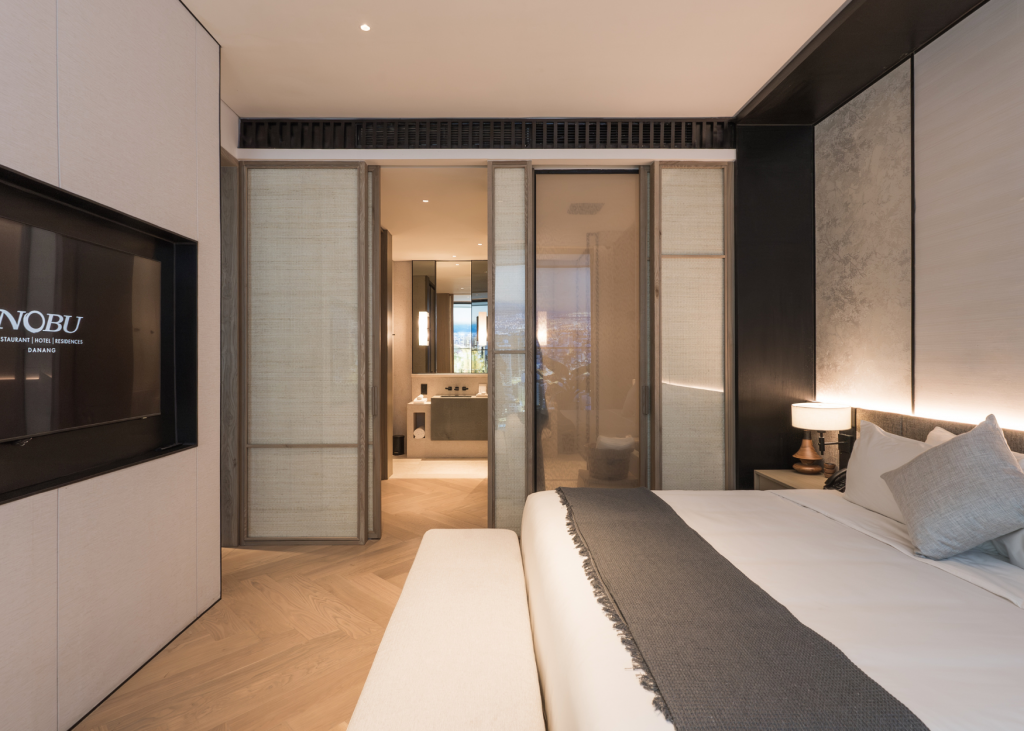
The Nobu Residences feature 1-3 bedroom condos plus a penthouse.
Finally, management quality defines the lasting value of the property. True brand strength shows in what happens when no one is watching—through service consistency, discretion, and long-term upkeep. Names matter, but delivery matters more; the most compelling branded residences craft a narrative the buyer wants to live in and live out.
And this is where service and management become everything. Branded residences are no longer defined by amenity arms races but by intelligent hospitality—systems that are discreet, responsive, and frictionless. Concierge support, maintenance, guest hosting—each element must work seamlessly to create an environment where life feels effortless, even in the owner’s absence. It’s not about the infinity pool or wine cellar anymore, but about trusted continuity—a promise of smooth living for globally mobile owners. Not all badges are equal. Scrutinise management agreements, service-charge structures, de-flag risk and exit liquidity
In short, today’s branded residences are not merely branded; they’re curated experiences, blending place, identity and emotion. And in Southeast Asia, we are only beginning to see the depth of what that truly means.
Go further with Boon Hoe Leong’s property listings:
- Exclusive luxury villas with oriental charm in The Residences at Mandarin Oriental, Danang
- Prestige beachfront condos at the Nobu Residences, Danang
- Luxury villas with world-class amenities in The Residences at Arbora, Danang
- Biophilic design meets a new definition of living at Six Senses Residences The Forestias
Read next:
